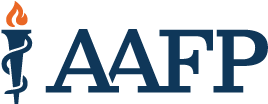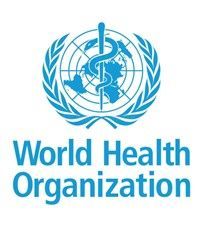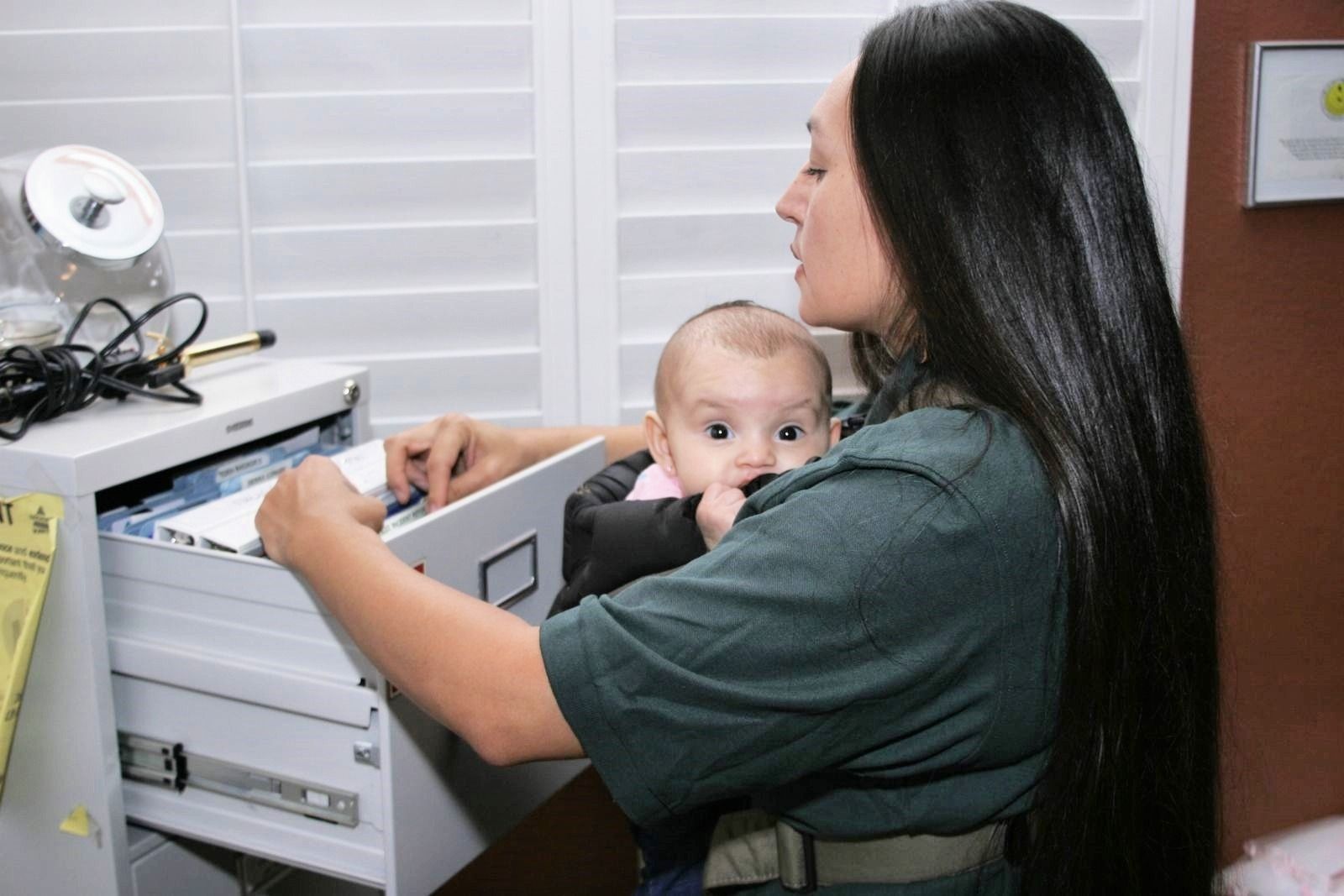Optimal Choice for Infants and Breastfeeding Parents
It is vital for health care providers to become breastfeeding educators and advocates. As trusted perinatal professionals, the guidance and education you give to families is a driving force in their confidence and ability to make informed decisions about breastfeeding. A 2018 study published in the Journal Doctoral Nursing Practice found evidence that breastfeeding success rates among mothers can be greatly improved through active support from health care providers.
Human milk is considered the optimal source of early nutrition for infants from birth through six months, along with complementary foods for two years and beyond. According to the American Academy of Pediatrics policy statement on breastfeeding, "“Breastfeeding and human milk are the normative standards for infant feeding and nutrition… The short- and long-term medical and neurodevelopmental advantages of breastfeeding make breastfeeding, or the provision of human milk, a public health imperative.” Breastfeeding also significantly protects against maternal health risks including breast and ovarian cancers, diabetes mellitus, hypertension among others. Health care providers have a unique opportunity to influence breastfeeding success with early and ongoing support through:
- Provision of evidence-based prenatal and postpartum breastfeeding education using an open-ended dialogue and tailored to each family’s needs.
- Assessment of breastfeeding progress during newborn, well, child, postpartum, and sick visits.
- Timely referrals to lactation consultants and other allied health professionals knowledgeable about breastfeeding.
Lactation Education During Prenatal Care
In November 2024, New Jersey enacted legislation,
P.L. 2024, Chapter 89, mandating that health care professionals provide pregnant patients with the opportunity to develop a personalized postpartum care plan during the first trimester or as soon as possible thereafter. This initiative aims to reduce maternal morbidity and mortality by enhancing continuity of care and equipping patients with essential information for the postpartum period.
Regarding breastfeeding, the law requires the personalized postpartum care plan to include:
“guidance regarding breastfeeding to allow the patient to make an informed feeding decision”
In a 2024 qualitative study encouraging breastfeeding without guilt done in Singapore found that most resources given by providers lacked practical advice, especially in relation to pumping, milk supply or temporary supplementation with formula for women unable to latch exclusively. The mothers felt that, though not ideal, this was an important reality to address given the fact that most women must return to full-time work after four months.
Trimester-by-Trimester Talking Points
The Academy of Breastfeeding Medicine Clinical Protocol #19: Breastfeeding Promotion in the Prenatal Setting, outlines recommendations and talking points providers can use to start a conversation about and educate on infant feeding practices at every visit. To facilitate implementation of these recommendations into practice, this downloadable pdf can be printed and kept in exam rooms. A QR code to this website is included on the document so providers can encourage pregnant patients to access the website and learn more about breastfeeding.
Additional online resources to support lactation of lactation education into practice are available online -
- The University of Rochester Medical Center developed multiple health professional resources, including a toolkit, for use during patient visits.
- Ready, Set,Baby is a free online patient-facing learning tool designed to counsel patients on the benefits and management of lactation as well as maternity care best practices.
Including Fathers and Partners in Breastfeeding Education
Higher breastfeeding initiation and continuation rates are associated with father and partner support. Educated fathers and partners are more able to understand the benefits and challenges of breastfeeding, leading to more active encouragement and practical help. When both partners receive the same education, they are more likely to remember and apply the information correctly.
A research study published in Pediatrics conducted a trial with 214 couples and compared standard care versus a structured co-parenting breastfeeding support intervention. At 12 weeks postpartum, breastfeeding continuation was significantly higher in the intervention group (96.2% vs. 87.6%, P=.02). Fathers' breastfeeding self-efficacy and maternal satisfaction with partners involvement were also higher.
Lactation and Medications
Health care providers must determine the safety of certain medications during breastfeeding. According to the American Academy of Pediatrics, only a small number of maternal medications are contraindicated during breastfeeding or associated with adverse effects on their infants. The resources below provide information on the levels of medications in breast milk and infant blood and the possible adverse effects in the infant.
The Infant Risk Center at Texas Tech University Health Sciences Center has developed a resource list for providers and patients to use to assess the safety of medications while breastfeeding. This list includes a patient handout (in English and Spanish) on commonly used and prescribed medications. Each medication includes a risk score of Safest (L1) to Hazardous (L5). Professionals may call the Infant Risk Center Monday through Friday, 8AM to 3PM CST with any questions about medications and breastfeeding: 1-806-352-2519.
Other commonly used resources on medication safety during lactation include:
- LactMed
- E-lactancia (available in English and Spanish)
- LactRx App
- Micromedex
- Medications and Human Milk (Academy of Breastfeeding Medicine)
Management of Breastfeeding - Common Breastfeeding Issues
The Physician Guide to Breastfeeding, developed by Dr. Katrina Mitchell, MD, IBCLC, PMH-C, contains evidence-based breastfeeding guidance on an extensive list of topics. Some topics are listed below with additional resources:
Engorgement/Mastitis/Breast Complications
- Mastitis, Engorgement, and Breast Complications (with Images)
- Academy of Breastfeeding Medicine Clinical Protocol #36: The Mastitis Spectrum, Revised 2022
Complexities of Nipple Concerns
- Nipples - Physician Guide to Breastfeeding
- Management of Breastfeeding - part 7 Is Nipple Pain Normal How to Avoid Nipple Pain
General Infant Concerns
- General Infant Concerns - Physician Guide to Breastfeeding
- ABM Clinical Protocol #3: Supplementary Feedings in the Healthy Term Breastfed Neonate, Revised 2017
- ABM Clinical Protocol #1:Guidelines for Blood Glucose Monitoring and Treatment of Hypoglycemia in Term and Late-Preterm Neonates, Revised 2014
- ABM Clinical Protocol #22: Guidelines for Management of Jaundice in the Breastfeeding Infant 35 Weeks or More of Gestation—Revised 2017
Hyperlactation
Ankyloglossia
- Management of Breastfeeding - part 10 A Few Words about Tongue Tie
- Diagnosis, Classification and Management of Ankyloglossia Including Its Influence on Breastfeeding - PMC
- Academy of Breastfeeding Medicine Position Statement on Ankyloglossia in Breastfeeding Dyads
Diagnostic Imaging
Droplet is a professional and patient-facing website devoted to educating the breastfeeding parent prenatally with a specific focus on the first hours after birth to prevent common breastfeeding challenges.
Additional Learning Opportunities
Stanford University Medicine - Hand Expression Techniques
Academy of Breastfeeding Medicine
American Academy of Pediatrics - Breastfeeding Curriculum
University of Albany - Breastfeeding Grand Rounds
Institute for the Advancement of Breastfeeding and Lactation Education (IABLE) Resources
- Breastfeeding Education for Health Care Providers - IABLE
- Breastfeeding Medicine Podcast and LactFacts Podcast – IABLE
American College of Obstetrics and Gynecology Resources
- Breastfeeding Support Tools for the Obstetric Care Provider | ACOG Online Learning
- Interventions to Promote Breastfeeding | ACOG
American Academy of Family Physicians - Optimizing Postpartum Care - AAFP Online Learning
Centers for Disease Control - About Breastfeeding
La Leche League International (LLLI) - Breastfeeding Support
Breastfeeding in Emergencies
Explicit and Implicit Bias Training
New Jersey law requires every hospital that provides inpatient maternity services and every licensed birth center to implement an evidence-based explicit and implicit bias training program for all health professionals who provide perinatal treatment and care to pregnant persons and all supportive services staff members, as defined by the Department of Health (DOH), who interact with pregnant persons at those facilities. (N.J.S.A. 26: 2H-12.108). The Department of Health has identified the following bias training tool to be utilized. Hospitals and birth centers may use additional or customized training tools in addition to the DOH training tool:
Breastfeeding Management Handbooks
Little Green Book of Breastfeeding Management for Physicians & Other Healthcare Providers - covers a broad range of topics including components of breastmilk and prenatal support, optimal breastfeeding management early postpartum, as well as problems and special conditions encountered by most primary care providers who care for breastfeeding dyads.
Breastfeeding Handbook for Physicians, Third Edition - features up-to-date developments in breastfeeding practice, research, policies, and outreach guidance, assembled by an expert physician panel. Jointly developed by the American Academy of Pediatrics (AAP) and ACOG, this handbook is intended for all individuals involved with the care of mother and baby, including physicians, nurses and nurse practitioners, lactation specialists, and other support staff.
Breastfeeding: A Guide for the Medical Profession 9th Edition - written by the co-founder of the Academy of Breastfeeding Medicine, this text offers a comprehensive guidance on the anatomical, physiological, biochemical, nutritional, immunological, and psychological aspects of human lactation.
Breastfeeding and Human Lactation, 7th edition- resource on the latest clinical techniques and research findings that direct evidence-based clinical practice and research for health care professionals. Topics include placing breastfeeding in its historical context, workplace-related issues, anatomical and biological imperatives of lactation, the prenatal and perinatal periods and concerns during the postpartum period, the mother's health, sociocultural issues, and more vital information.
Multilingual Lactation Resources
Cultural competence is defined as a provider/organization’s ability to effectively deliver health care services that meet a patient’s social, cultural, and linguistic needs. (Georgetown University McCourt School of Public Policy, 2014). These resources can support a providers' ability to deliver culturally relevant care and breastfeeding education.
- Global Health Media Project Contains easy to understand videos giving practical guidance on various breastfeeding topics.
- Academy of Breastfeeding Medicine Practitioner Handouts--Multilingual handouts on mastitis and other topics.
- Institute for the Advancement of Breastfeeding and Lactation Education--Patient handouts in Spanish.
- Lactation Education Resources--Patient education handouts in Arabic, Chinese, Spanish, Polish, and Vietnamese
- National Library of Medicine MedlinePlus--Patient education handouts in multiple languages, including Spanish, Mandarin, Cantonese, Hindi, Russian, and Korean.
Guidance on Becoming a Lactation Professional
International Board-Certified Lactation Consultant (IBCLC) Resources
- IBCLC Commission - explains IBCLC certification requirements
- IBLCE (International Board of Lactation Consultant Examiners) - explains exam details/requirements and awards the IBCLC credential
- LEAARC (Lactation Education Accreditation and Approval Review Committee) - find accredited lactation education courses
- LEAARC - find accredited Pathway 2 programs
- Real Talk: The Realities of Being and Becoming an IBCLC video
Breastfeeding Counselor Programs
- Lactation Education Resources - Certified Breastfeeding Specialist course
- Healthy Children Project, Inc. Center for Breastfeeding - Certified Lactation Counselor course
- Childbirth and Postpartum Professional Association (CAPPA) - Certified Lactation Educator
Peer to Peer Breastfeeding Supporter Programs










